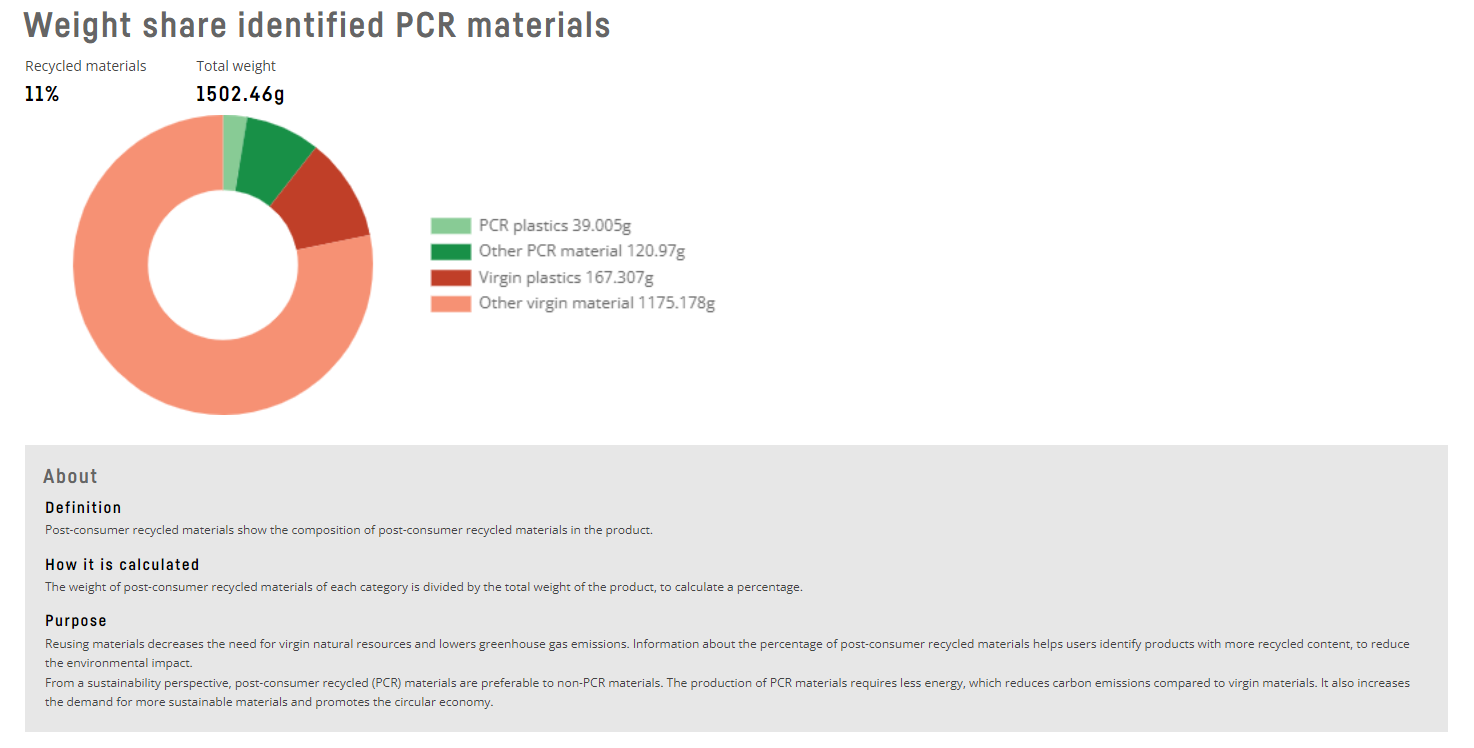Feature Story
2025/01/21
ASUS Demonstrates Green Leadership with ExpertBook P5 Achieving TCO Generation 10 Pilot Launch
-
Copied to clipboard
The EU's Ecodesign for Sustainable Products Regulation (ESPR) has driven a global surge in demand for sustainable products, leading TCO Certified, the global certification for sustainable IT products, to introduce its new Generation 10 standard in 2024. This updated standard focuses on four key areas: Climate, Substances, Circularity, and Supply chain, aiming to reduce social and environmental impacts. In December 2024, a launch event was held to announce the brands whose products had been certified according to TCO Certified, generation 10. ASUS was one of the first companies to have products that achieved this certification, showcasing its ongoing commitment and determination to sustainability.
TCO Certified and Features of TCO Certified, generation 10
TCO Certified is a global sustainability certification for IT products initiated by the Swedish Federation of Professional Employees (TCO). Since its inception in 1992, it has been dedicated to addressing issues related to the economy, employment, and human rights. Currently, the certification is managed by a non-profit and politically independent organization TCO Development.
TCO Certified complies with the ISO 14024 standard for environmental labels and declarations, providing consumers with reliable information. The product verification is handled by independent verifiers accredited in accordance with ISO/IEC 17025, ensuring the fairness and reliability of the certification process.
To continue to promote sustainable products, TCO Certified has set a long-term development roadmap in 2024 based on four key areas:
- Climate: To reduce product carbon footprints, improve product and factory energy efficiency and increase demand for renewable energy to reduce Scope 3 emissions, and further encourage manufacturing to reduce carbon emissions to accelerate the goal of climate-neutral.
- Substances: To enhance chemical safety in products, packaging, and manufacturing, TCO Certified requires a safety assessment and verification of substances before use and the establishment of Accepted Substance List (ASL) to mitigate the risks associated with chemicals in the manufacturing process and reduce environmental hazards.
- Circularity: To promote circular development within the IT industry, TCO Certified requires that products have a minimum of 5 years use time, offer warranty and information security software updates, and allow for the reuse or repair of parts and materials to reduce e-waste from frequent replacements. Under the new standard, the certified products must have a Unique Product Identifier (UPI) to help consumers identify more sustainable products. This UPI also facilitates the establishment of communication channels between brands and users for warranty and recycling purposes, aligning with the EU's Digital Product Passport (DPP).
- Supply Chain: TCO Certified requires supply chain to comply with labor, health, and safety regulations, the core conventions of the International Labour Organization (ILO), the United Nations Convention on the Rights of the Child, anti-bribery standards, etc. Regular independent factory audits are conducted to ensure compliance. Any non-conformities must be addressed with corrective actions to reduce environmental risks and to ensure a safer supply chain.
Committed to Solving Environmental Challenges in the IT Industry: Linear Economy and Environmental Pollution
As a multinational computer hardware and consumer electronics company, ASUS deeply understands the need to shift from the linear mode of "take-make-use-dispose" to a circular economy to mitigate environmental impacts. ASUS is dedicated to reducing the product carbon footprint by expanding the use of eco-friendly materials and complying to the latest energy efficiency standards. Leveraging the credibility of the TCO Certified, ASUS has been a pioneer in applying for TCO Certified, generation 10 to meet customer expectations and alleviate environmental challenges in the industry. In 2023, ASUS's eco-friendly product revenue exceeded 90% of its qualified revenue, continuously exploring circular economy solutions to create green products.
ASUS ExpertBook P5 (P5405): One of the first products certified according to TCO Certified, generation 10
ASUS integrates core technologies and expertise into its products to reduce environmental impact throughout their lifecycle, achieving TCO certification through the following actions:
- Climate: Requires the assembly facilities to use 15% renewable energy by 2025 and assists suppliers in reducing carbon emissions (Learn more: Supply Chain Emission Reduction)
- Substances: Utilizes more environmentally friendly materials to replace existing flame retardants, plasticizers, and stabilizers.
- Circularity: Extends the product longevity with a minimum of 5 years use time and establishes a unique product identification mechanism to facilitate repair and recycling. In the future, ASUS will also integrate digital product passports. Additionally, it uses more sustainable materials, such as recycled magnets, metals, and plastics, accounting for 11%1 of the total, zero plastic packaging design and 100% recycled paper.
- Supply Chain: Sets management targets for key suppliers and conducts regular reviews, including ISO systems, greenhouse gas emissions, renewable energy usage, water resources, and hazardous waste (Learn more: Supply Chian Management)

The proportion of environmentally friendly materials of ExpertBook P5 (P5405) on the TCO website.
In response to climate change and the transition to a circular economy, ASUS has taken action based on four key sustainability pillars: Climate Action, Circular Economy, Responsible Manufacturing, and Value Creation. These efforts have led ASUS to become one of the first companies to have products that achieved this certification, representing our commitment to reducing product carbon footprints, improving energy efficiency, strengthening supply chain collaboration, and reinforcing product and supply chain management. At the same time, by adopting the sustainability strategy of “Using Digitized Data and Scientific Management Practices,” ASUS measures the proportion of eco-labeled product sales in relation to the company’s revenue in accordance with the Sustainability Accounting Standards Board (SASB)standards, using empirical data to support corporate decision-making and serving as an indicator for investors assessing the company's sustainability performance. By taking these steps, ASUS has not only enhanced its green competitiveness but also developed a more sustainable business model.
1. Please refer to the TCO Generation 10, Notebooks for the method of calculating recycled material content.
Reference:
TCO Website
TCO Certified, generation 10, launch event
TCO ISO14024, rules for a third-party certification
EU Digital Product Passport DPP
EU Ecodesign for Sustainable Products Regulation (ESPR)
Related Article
